T1D Guide
T1D Strong News
Personal Stories
Resources
T1D Misdiagnosis
T1D Early Detection
Research/Clinical Trials
Hibiscus Health Detects Diabetes Through Selfies
A breakthrough in healthcare may be as simple as snapping a selfie. T1D Strong spoke with Kavi Misri, founder of Hibiscus Health, to discuss a groundbreaking 30-second facial scan that utilizes cutting-edge technology to detect, prevent, and manage common metabolic conditions, such as hypertension, high cholesterol, and diabetes.

The digital platform Hibiscus Health is revolutionizing screening and early detection with AI-driven facial recognition, which can be easily performed using a smartphone or webcam. This new development in healthcare represents a major step forward from traditional blood tests.
Not only does the new app provide detection and prevention for certain conditions, but it also offers personalized, data-driven care plans to improve patient outcomes and reduce medical costs.
The facial scanning technology has notable accuracy, with 98% accuracy for blood pressure and heart rate, and 90% accuracy for cholesterol, triglycerides, and hemoglobin A1c levels, with a false negative rate of 1%.
Kavi Misri’s Backstory
Kavi Misri, founder and CEO of Hibiscus Health, has over fifteen years of experience as an investment banker, entrepreneur and corporate development professional in the healthcare space. Before launching Hibiscus Health in 2023, Misri founded Rose Health, a mental health tech company that was later acquired by Precise Behavioral in 2022. Misri’s innovation in digital health has earned him recognition as a two-time “Health Transformer” by StartUp Health.
.jpg)
The development of both companies was rooted in Misri’s personal experience. Rose Health evolved after a bout of depression, and years later, at an annual physical, Misri discovered his doctor was not checking his A1c. “I was in shape and fit, and he just didn’t see the need, but since my grandfather passed away from complications with type 2 diabetes (T2D), I asked to be checked and found out that I had prediabetes.”
The Power of Early Detection
“It had me thinking how many other people are missed, who don’t even get screened,” Misri said that of the 100 million Americans who are prediabetic, four out of five don’t know that they are, and if it’s not treated, within a three to five-year period of time, it will turn into type 2 diabetes.
“People are not getting screened because there are numerous barriers in place, including a lack of access, inconvenience, cost, or a lack of knowledge,” said Misri. “That’s where we built out this platform, to screen folks at scale so that we’re able to identify those who otherwise would not have had the opportunity to be screened.”
His desire to help others grew from a childhood illness, as he was born with a congenital heart defect. “I had two open heart surgeries at age one and three and was always wondering why I was the only kid with a T on my chest. It’s why I got into healthcare. Then, as I continued into my career, I fell in love with finance,” said Misri. “I thought I could help the end user by either advancing technology or reducing the cost of care.”
“We’d been playing around with technology that looks at facial cues and facial blood flow to identify heart rate and blood pressure, and that’s when it dawned on me: what if you can turn something as trivial as a selfie into a near clinical grade tool to be able to detect diabetes, or hypertension risk?”
After receiving his undergraduate degree in finance from Fordham University, Misri earned his MBA from Johns Hopkins University. “My focus has always been on making a difference and being able to improve access to care and improve the quality of care.”
How the Combined Platform Works
Misri explained the AI-driven scan analyzes facial blood flow patterns, which can check for potential predispositions to conditions like:
- Hypertension (high blood pressure)
- Obesity
- High cholesterol
- Elevated triglycerides
- Cardiovascular disease
- Risk of stroke and heart attack
- Diabetes (type 1, type 2 and prediabetes)
“Because the skin is translucent, we can identify and capture the facial blood flow and analyze for the pixelation to run against our algorithms, which allows us to detect those that are at risk,” said Misri. “We have a database of patients that we use as our training data, which is ultimately used as a data set so that when you do the face scan, we run it against the existing data set to be able to provide you with the vitals.”
Tech-Driven Prevention
The 30-second selfie can measure five biomarkers, enabling the detection of subtle changes in facial blood flow to assess your risks for certain conditions. The platform allows individuals and employees to monitor their health and consult with a registered dietitian and a mental health professional.

Users can log their food, exercise, medications (such as GLP-1), and other vital information. They also have access to a library of resources (over 1,000 pieces of article content, audio recordings, and videos), with on-demand and live classes.
Individuals can monitor their blood pressure daily, and every two weeks, the app prompts users to scan for cholesterol, triglycerides, and A1c levels to track their progress.
Other Platform Features
Hibiscus Healthcare Team
In addition to the technology tools, the mobile app platform features interactive access to a clinical care team comprising dietitians, physicians, and mental health clinicians.
One-on-One Messaging
“We also have one-to-one messaging so that you can ask your clinical questions, and once we get to a certain point of scale, we’ll have RNs on here 24/7 to provide support,” said Misri.
“There is also a clinical chatbot – where you can ask for a keto-friendly seven-day meal plan,” said Misri. “The chatbot can break it down and provide you with the recipes or nutrition per meal, or provide the entire list of ingredients with quantity so you can make one trip to the market instead of five.”

Extensive Food & Exercise Logging
The app uses AI to analyze meal photos. When Misri was first diagnosed with prediabetes, he used a food recognition app to track his meals, but he found it lacking in the more cultural and ethnic foods.
“We’ve purchased every single recipe that’s ever been created from recipes.com, and now we can serve that ethnic and cultural food population.”
“We do a lot of logging. You can connect a smart scale, and it can have Bluetooth capability, or enter your weight, the same with a glucometer, or CGM (continuous glucose monitor) to calculate your glucose levels,” Misri said. “It also integrates with a smartwatch to track exercise.”
Mental Health Benefits
Hibiscus app features a tool that focuses on physiological, mental, and bodily health, with questions such as, “How are you feeling?” “What’s your energy like now?” It also asks the user to journal about how they’re feeling, and an AI-driven algorithm detects their sentiment to help the user better understand their feelings and provide curated content for self-care.
Digital Twin Technology
With a three-second body scan that runs over 1,000 simulations on each patient, Misri said they’re able to see the body composition and create an appropriate care plan. “Then we run an algorithm to show what your body would look like if you followed our health plan over three, six, or nine months.”
Open For Business
In addition to individuals, the live app is available to companies wishing to improve their employees’ healthcare outcomes. “We sell to self-funded employers with health plans as a way for them to really help with a solution where we can identify those that are at risk and also take care of them while removing all of the burden of care from that patient,” he said.

Kiosk for the Home or Business
The Hibiscus kiosk can be placed in the workplace or the home to monitor vitals daily. All the data is kept private in the app. “We’re looking at placing it in the workplace where the employee population may not be the best to use an app or where it is easier to check your vitals in the office like warehouses in the Midwest, or retail locations where the underserved populations visit like laundromats and barber shops, or even gas stations so people can check their vitals – as they move around their daily life,” Misri said.

Improving Health Outcomes
Over 98 million U.S. adults are living with prediabetes, yet 81% don’t know they have it. Misri pointed to a recent AARP survey that found only 5% of people with hypertension own a blood pressure cuff, but 99% own a smartphone.
Hibiscus Health offers a holistic solution that has the potential to save lives through early detection, prevention, and ongoing care. This non-invasive approach to health monitoring, which eliminates the need for blood tests or wearable devices, may be a major leap forward in the future of healthcare.


.webp)





.webp)
.jpg)
.jpg)

.jpg)
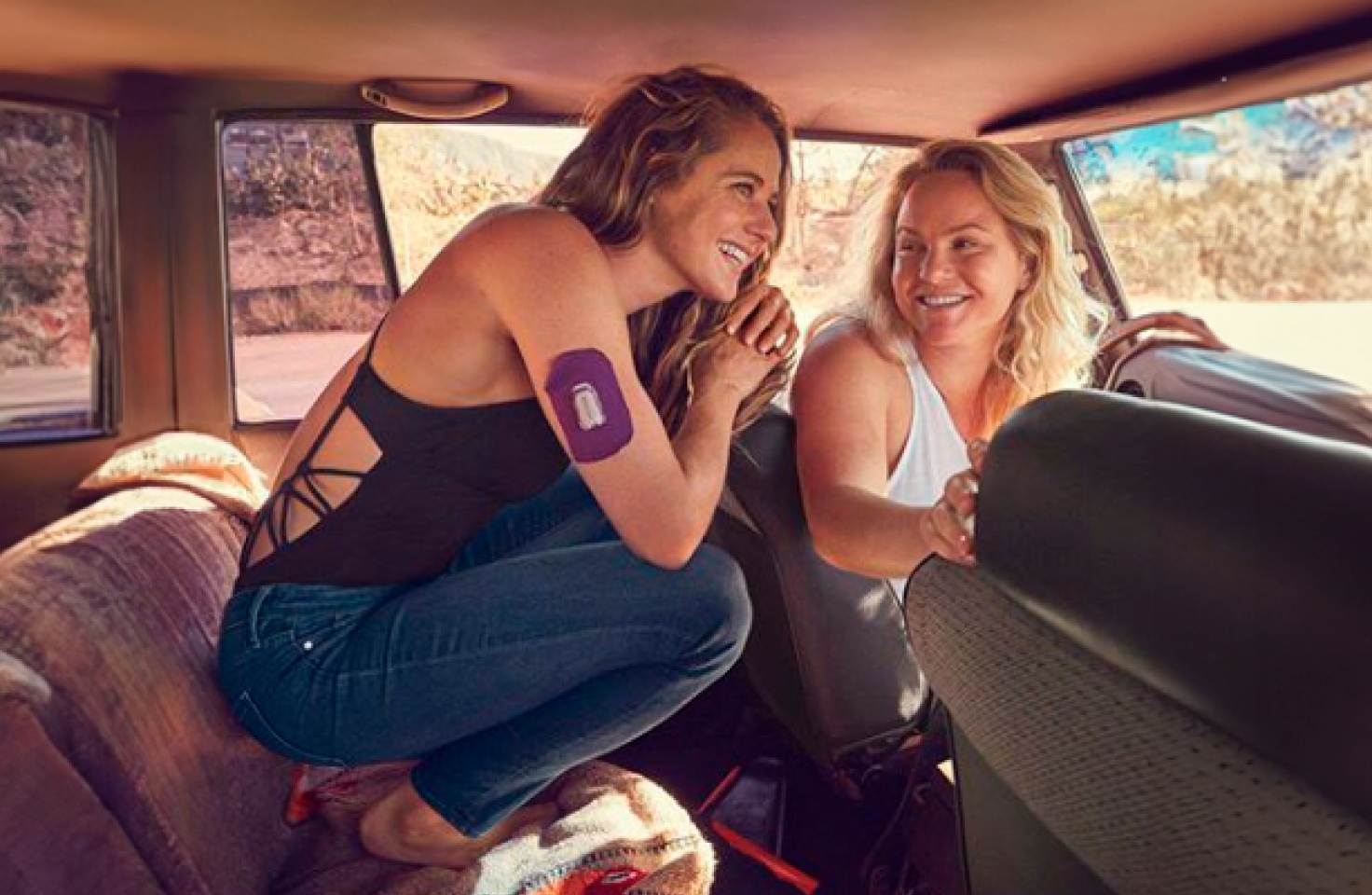
.jpeg)
.jpg)

.jpg)
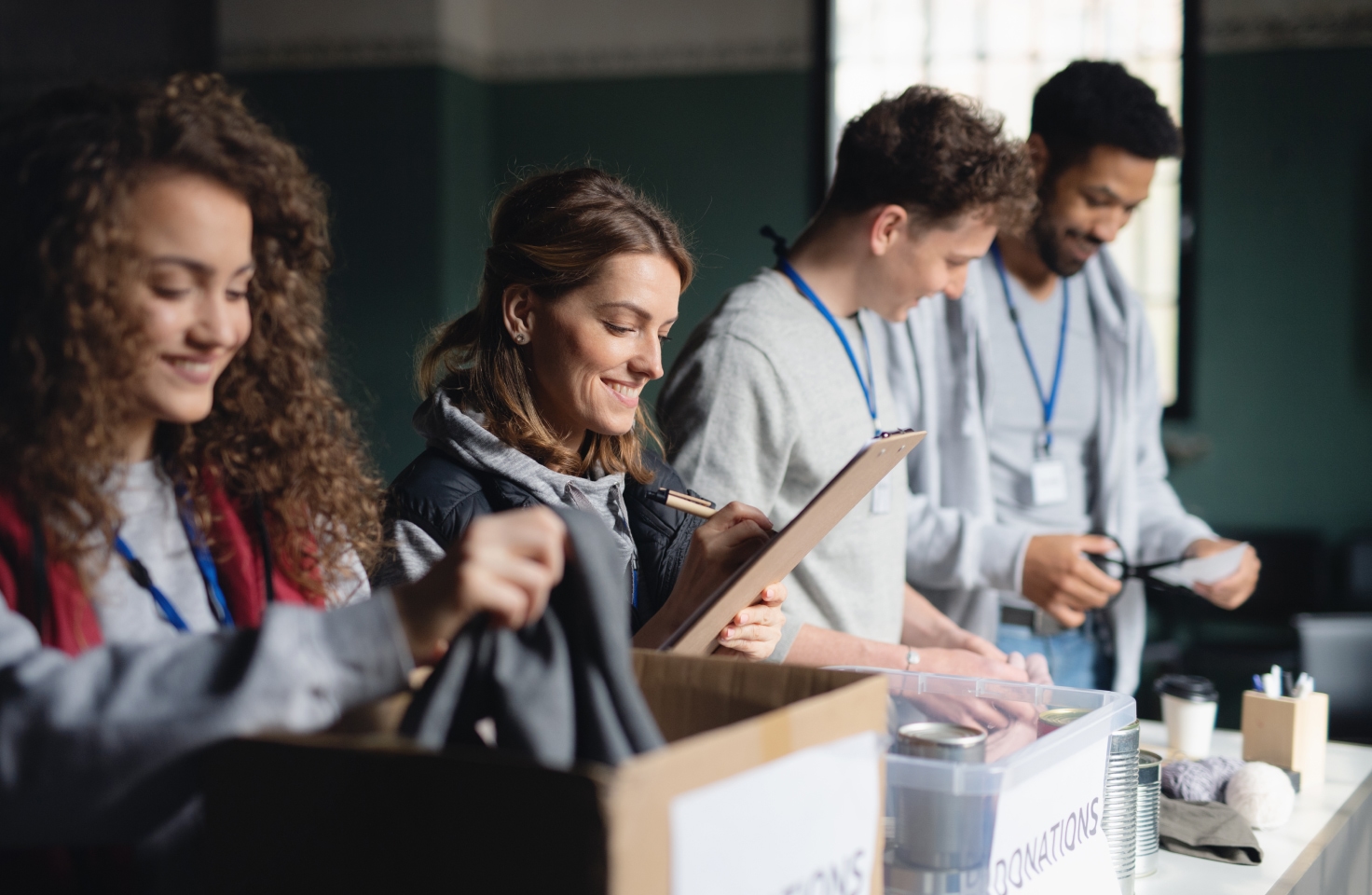
.jpg)
.jpg)
.jpg)
.jpg)

.jpg)

.jpg)
.jpg)

.jpg)
.jpg)
.jpg)
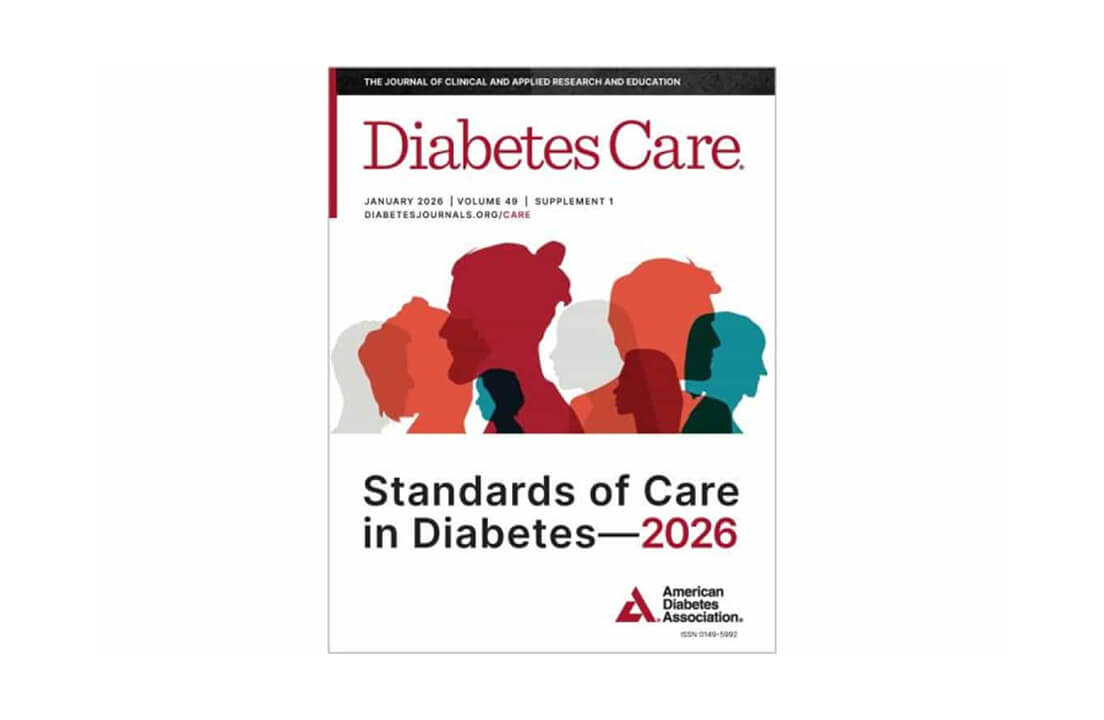
.jpg)
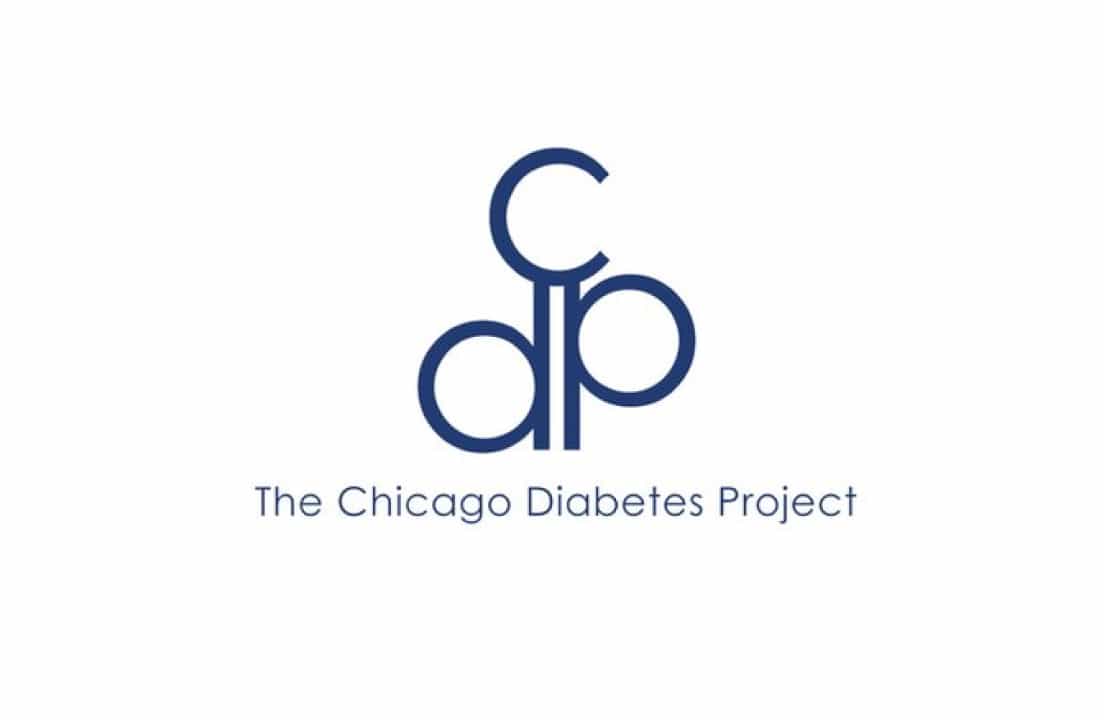
.jpg)
.jpg)
.jpg)
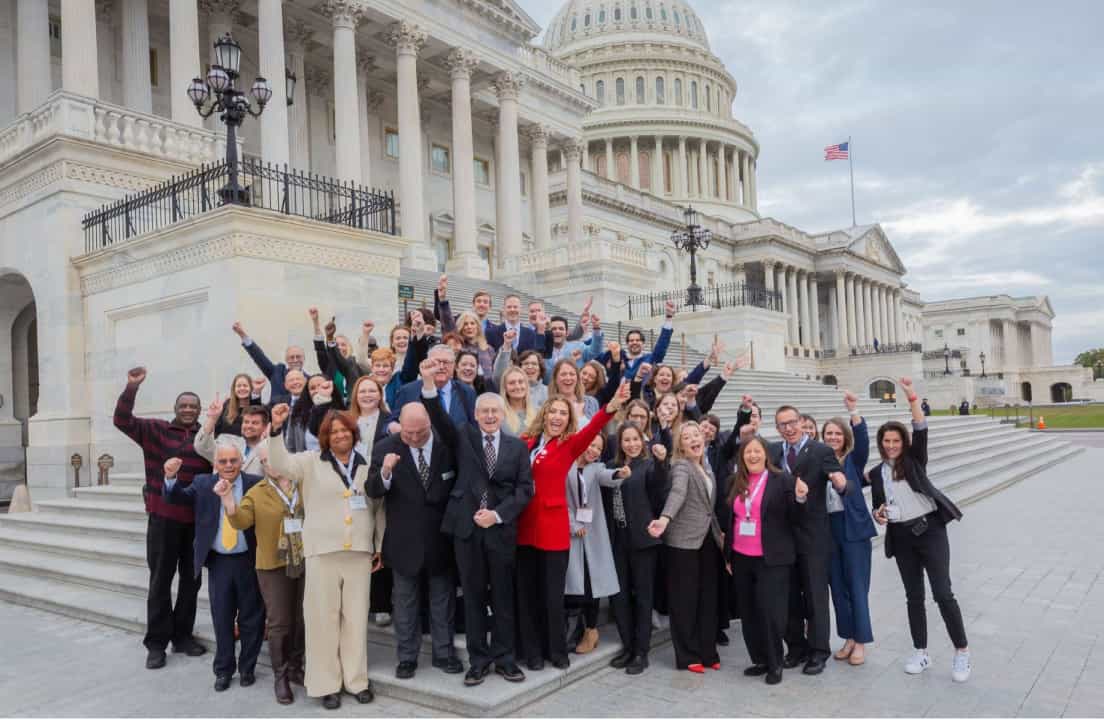
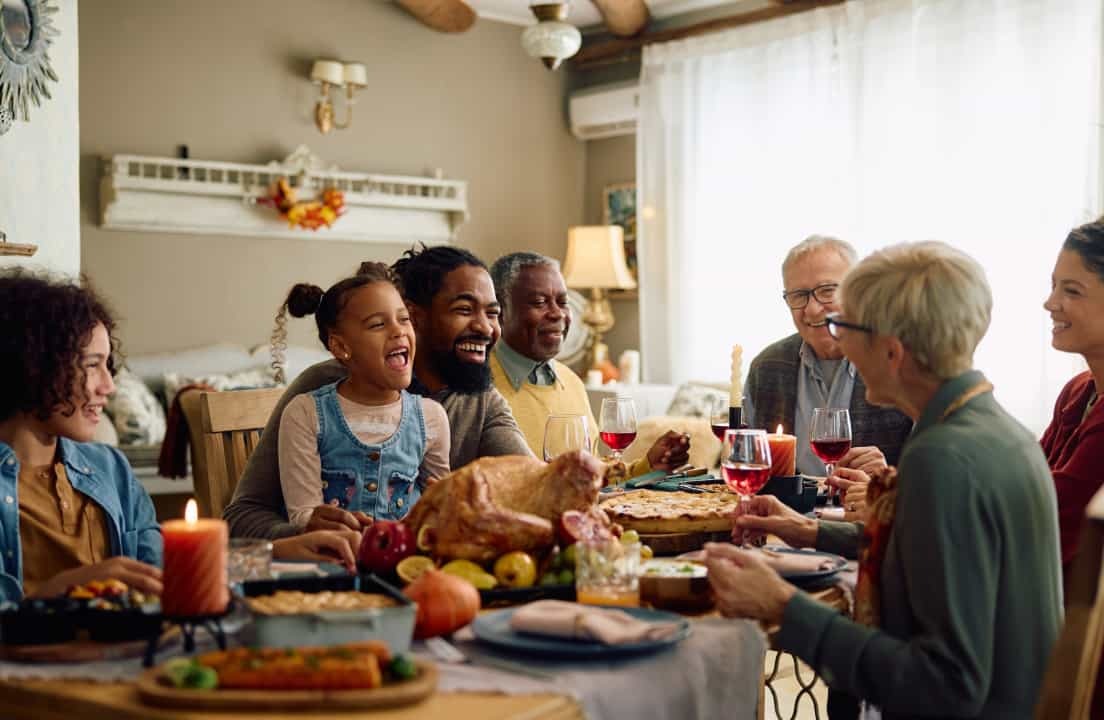
.jpg)

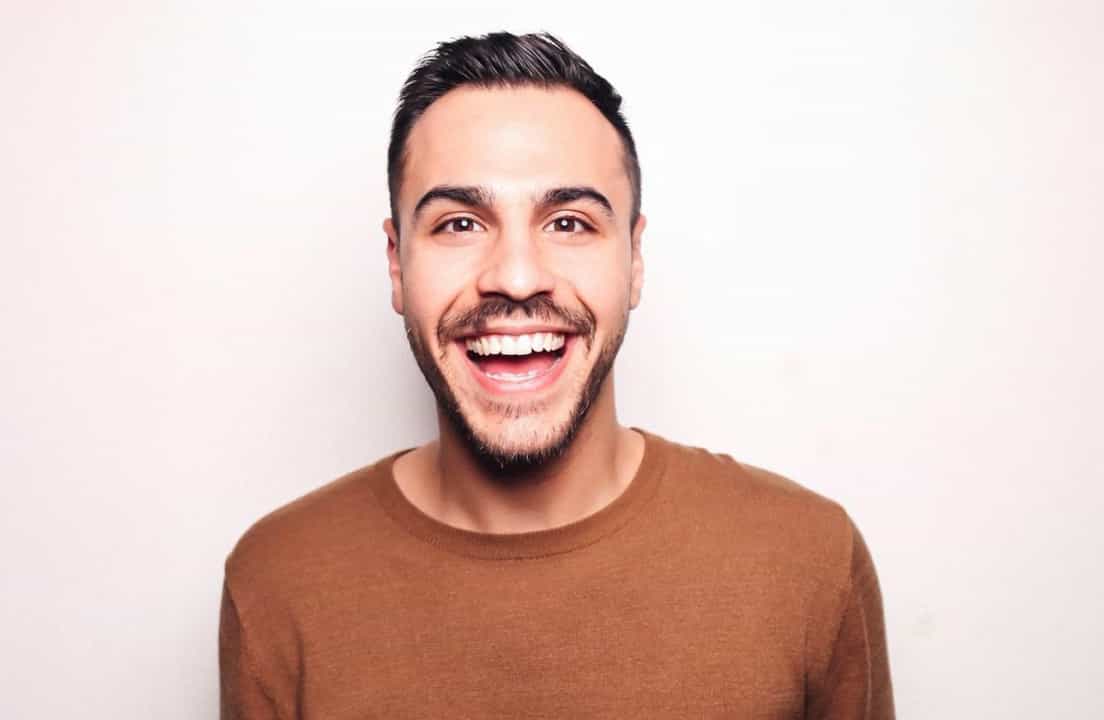
.jpg)
.jpg)
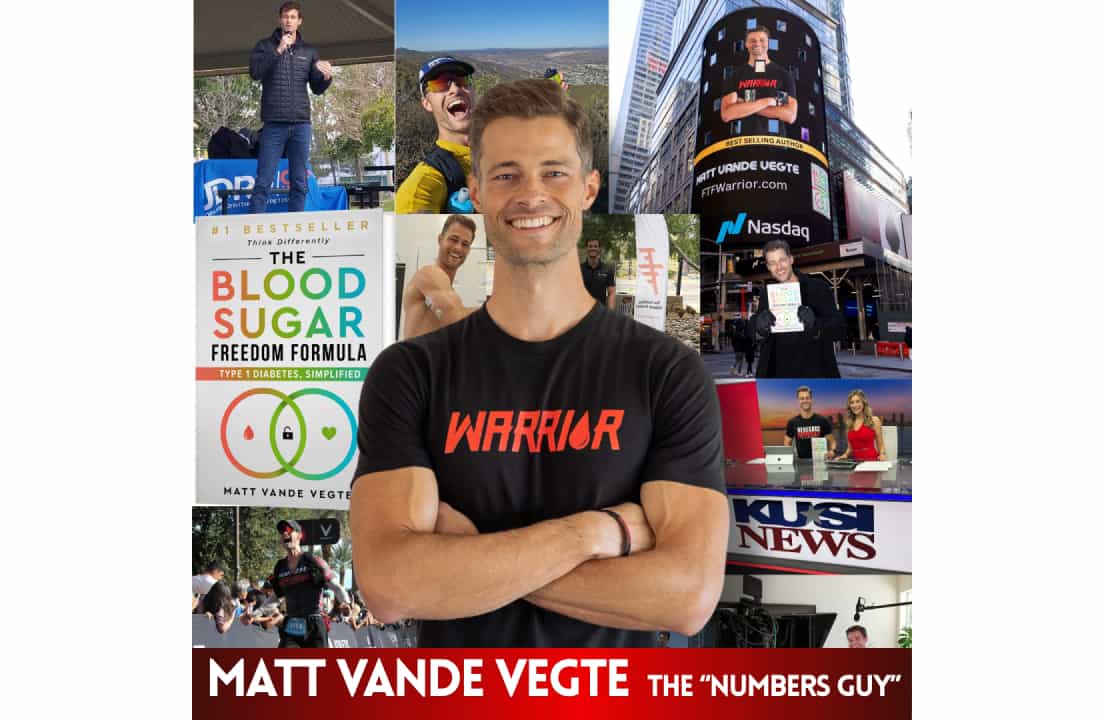
.jpg)


.jpg)

.jpg)

.jpg)
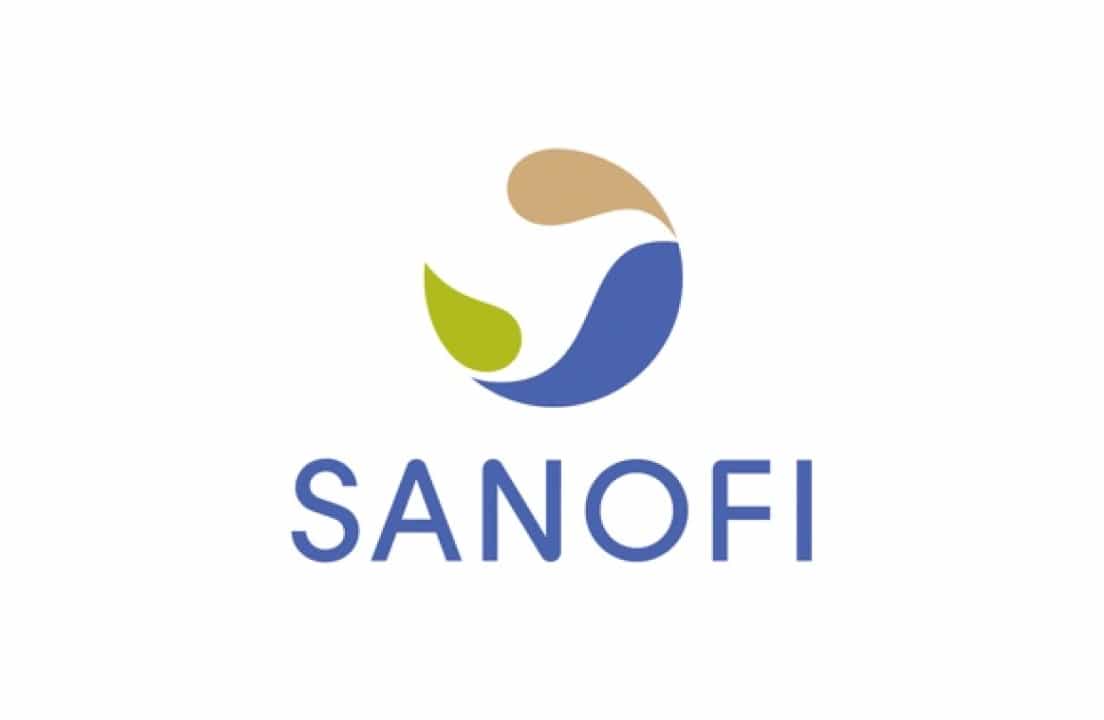
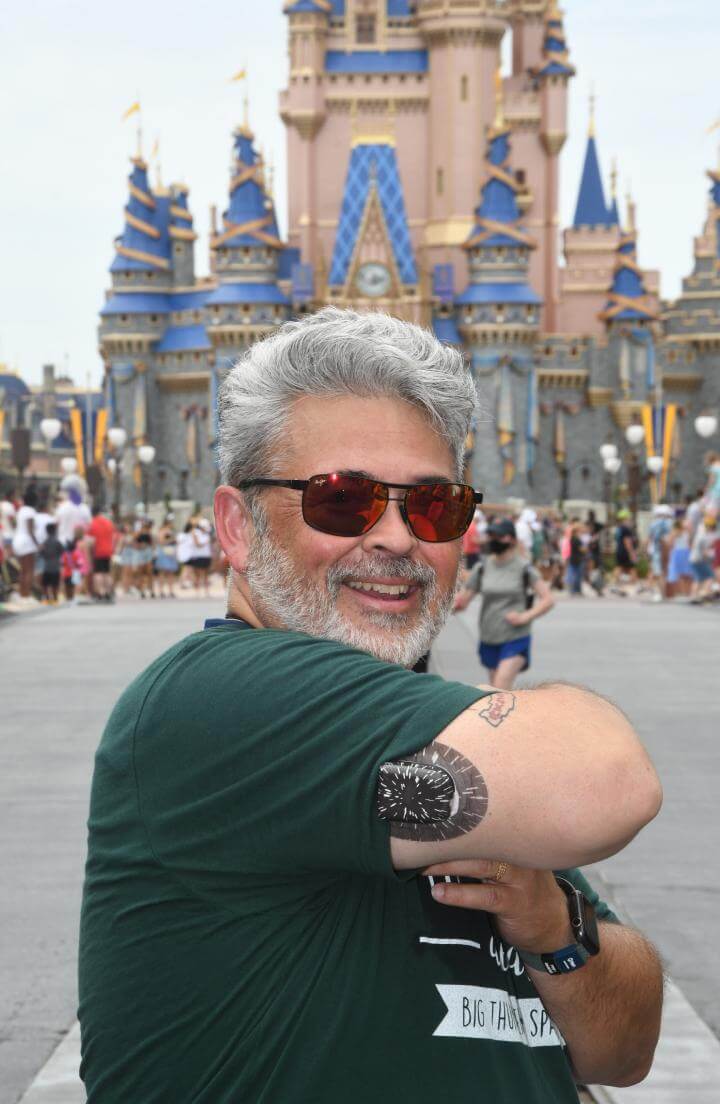
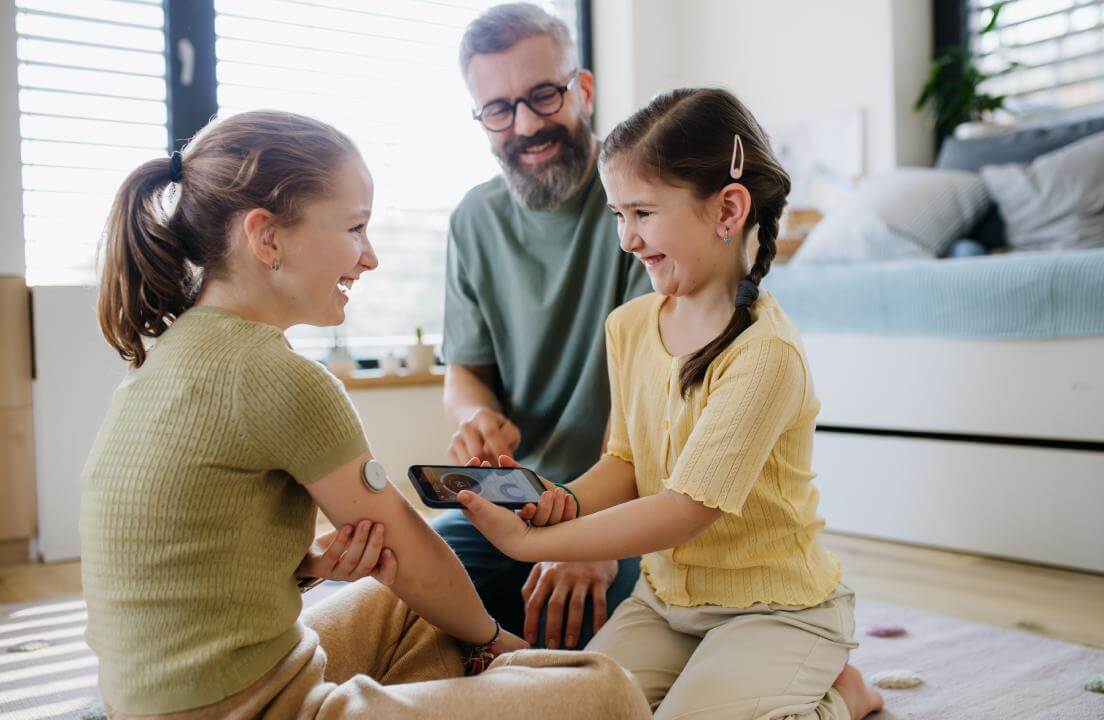

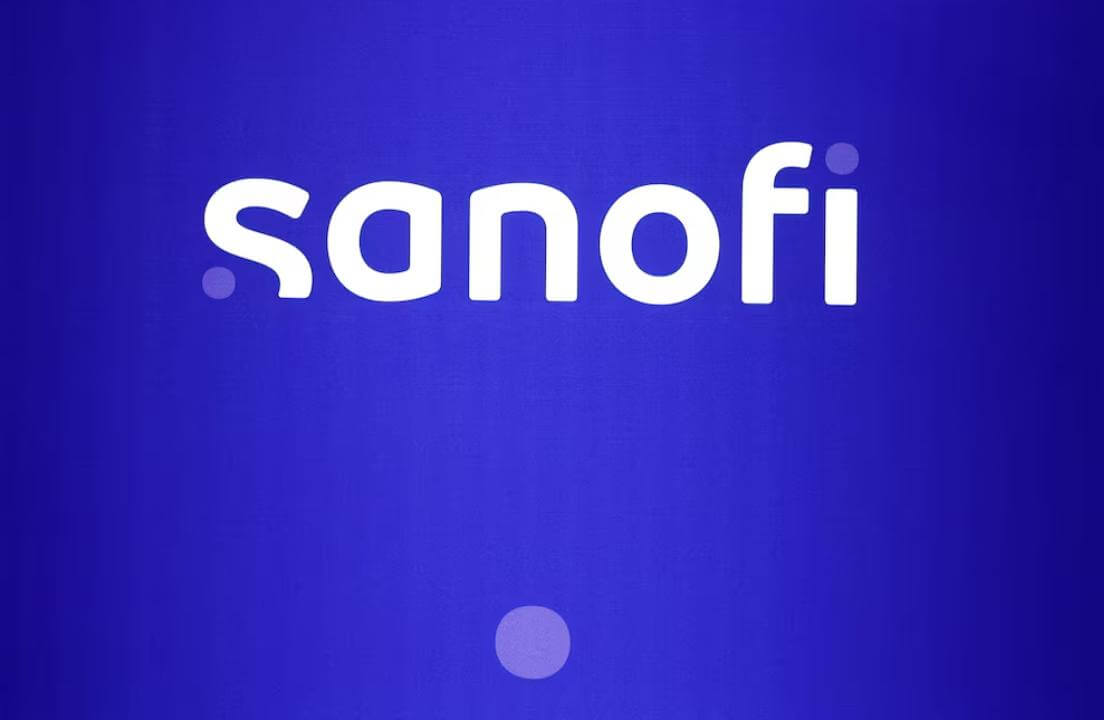
.jpg)
.jpg)
.jpg)
.jpg)
.jpg)

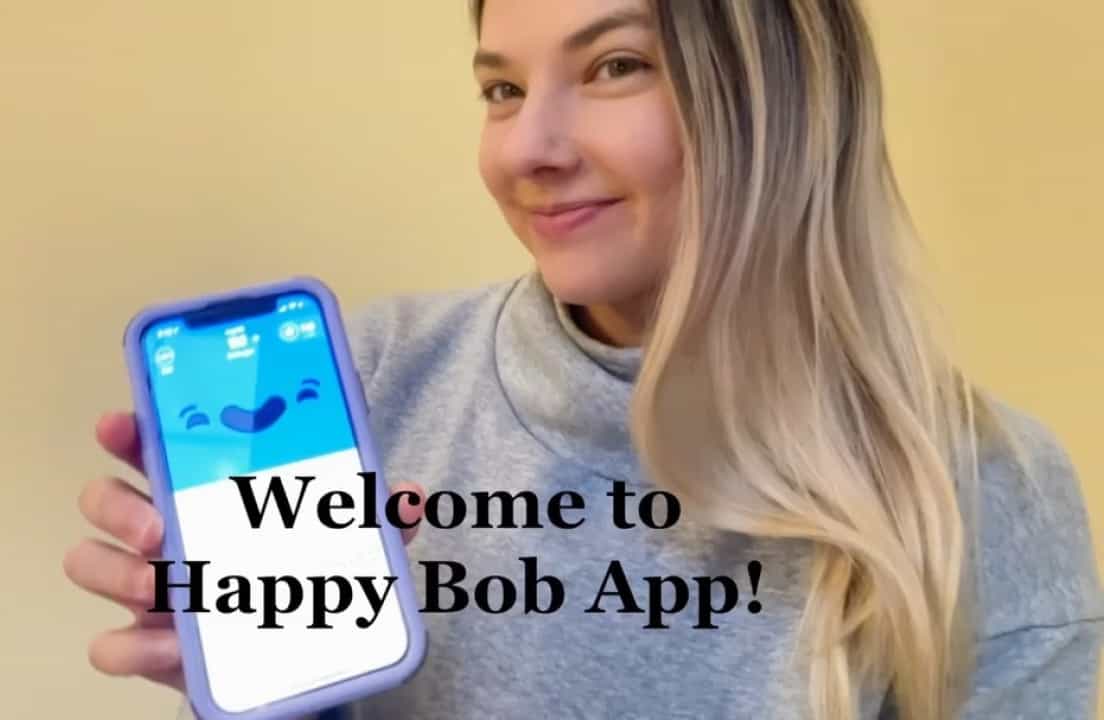
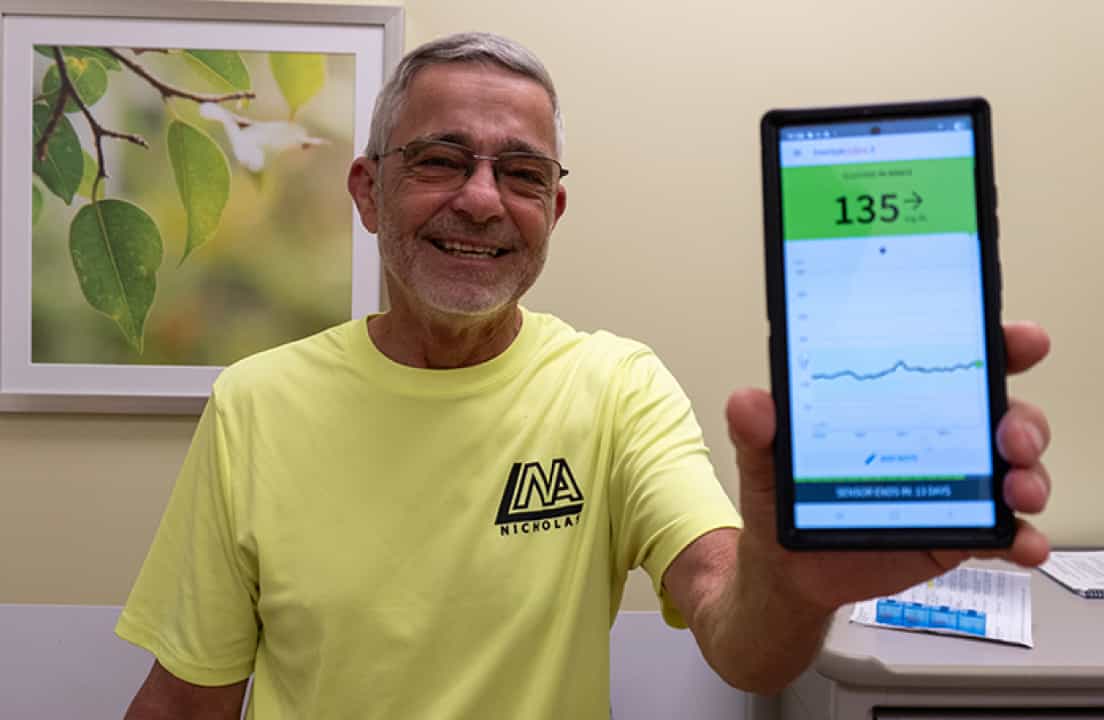

.jpg)
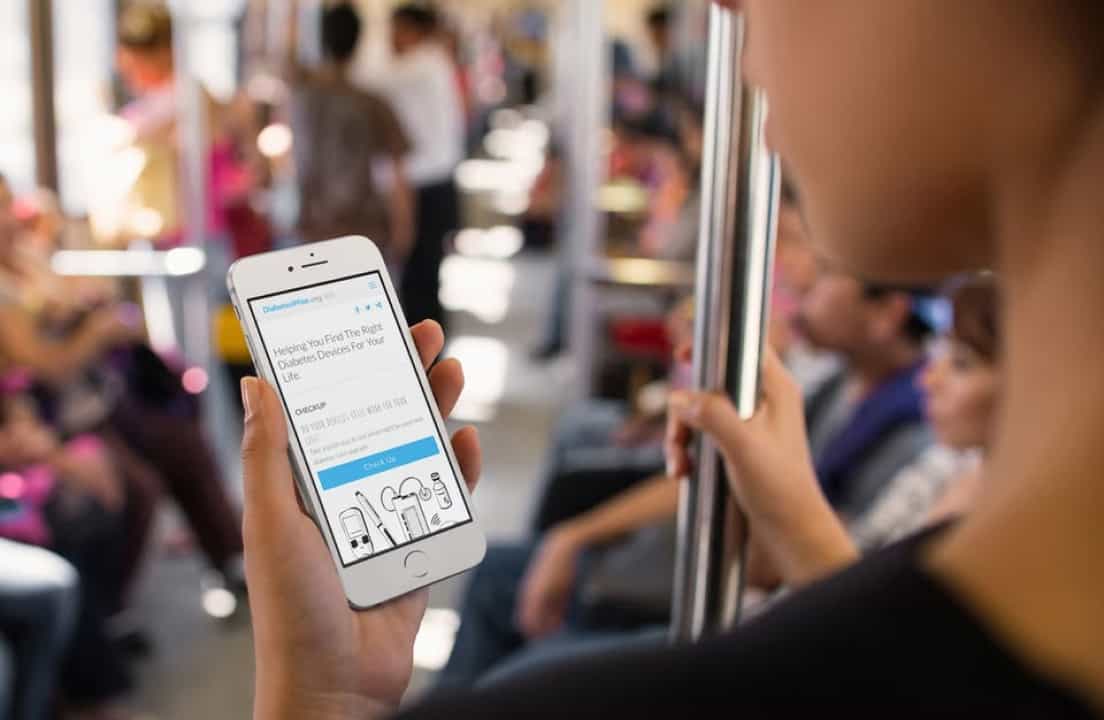
.jpg)
.jpg)
.jpg)
.jpg)
.jpg)



.jpg)
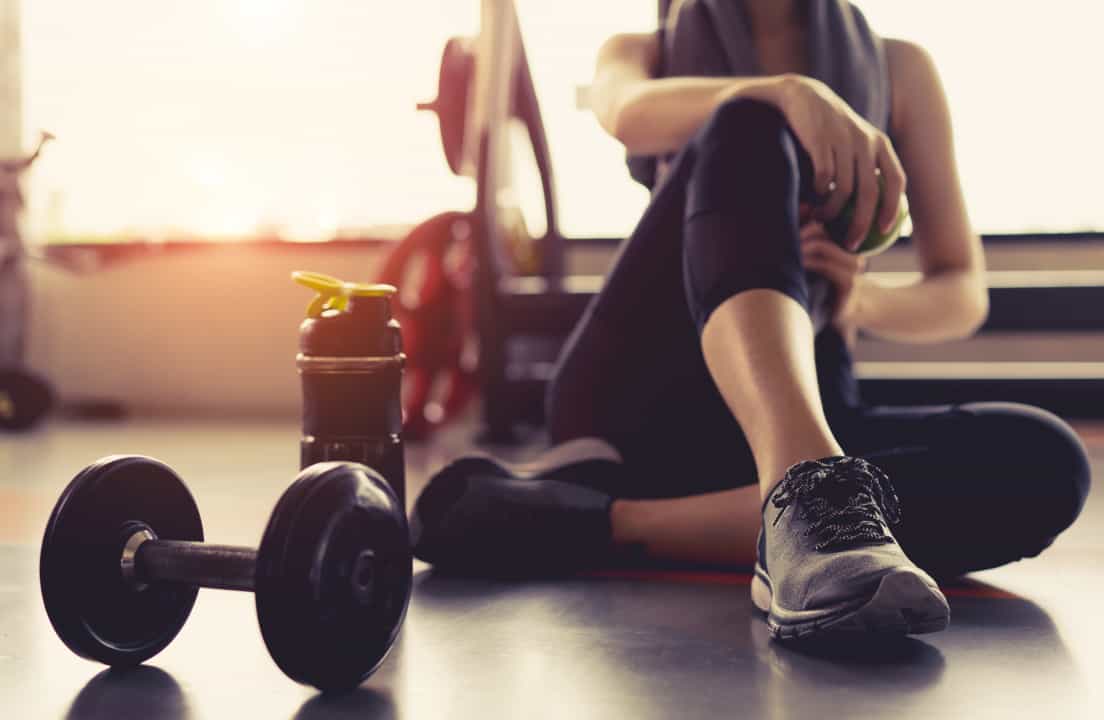
.jpg)
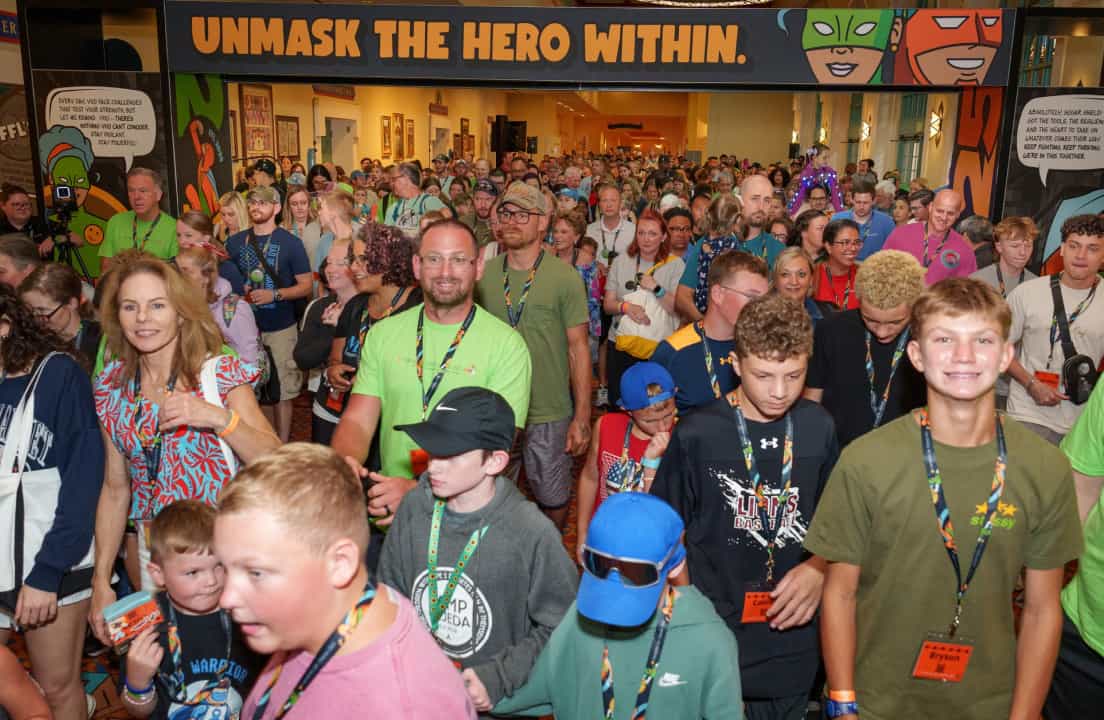
.jpg)
.jpg)
.jpg)
.jpg)
.jpg)
.jpg)
.jpg)
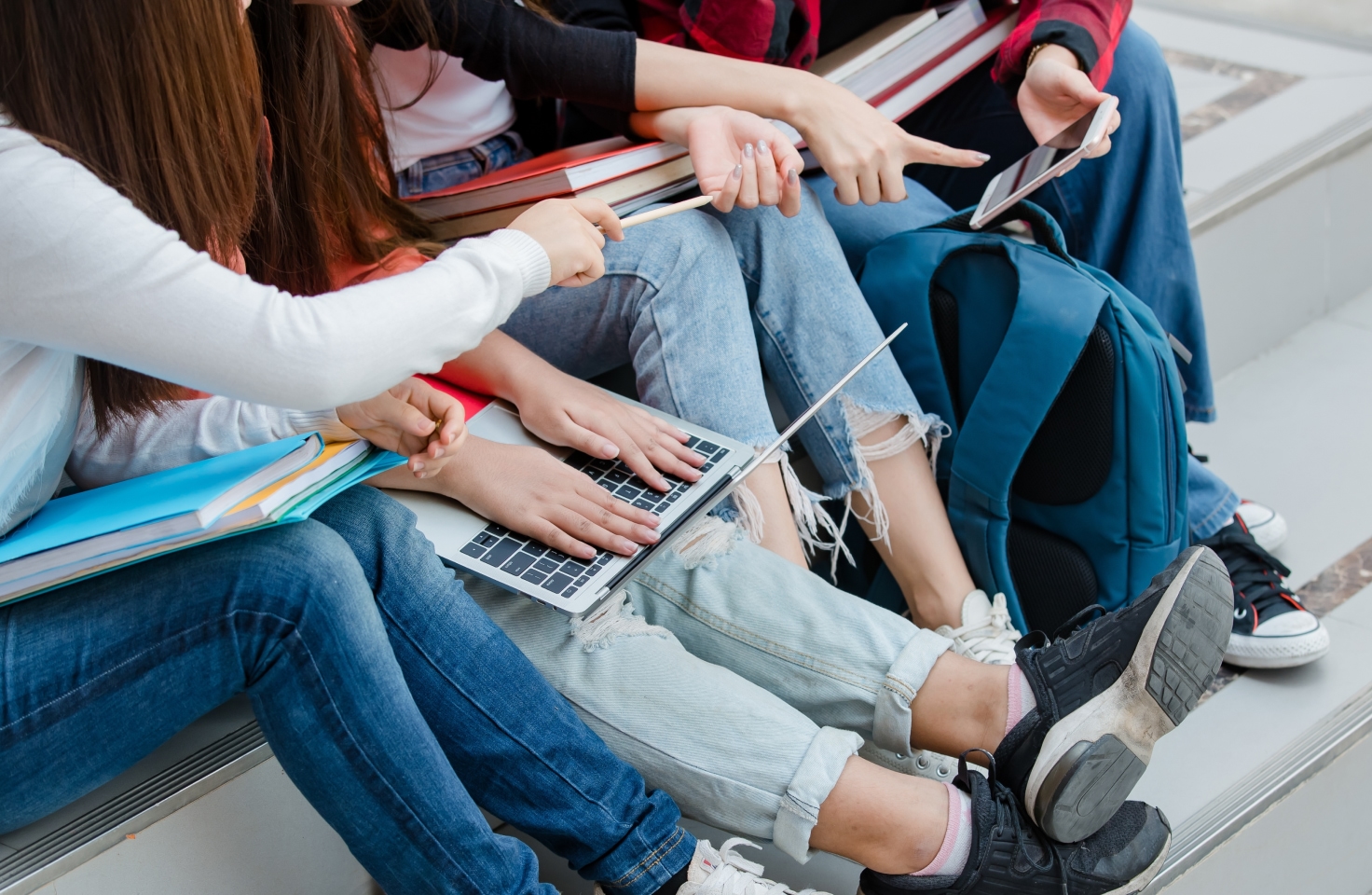
.jpg)
.jpg)
.jpg)
.jpg)
.jpg)
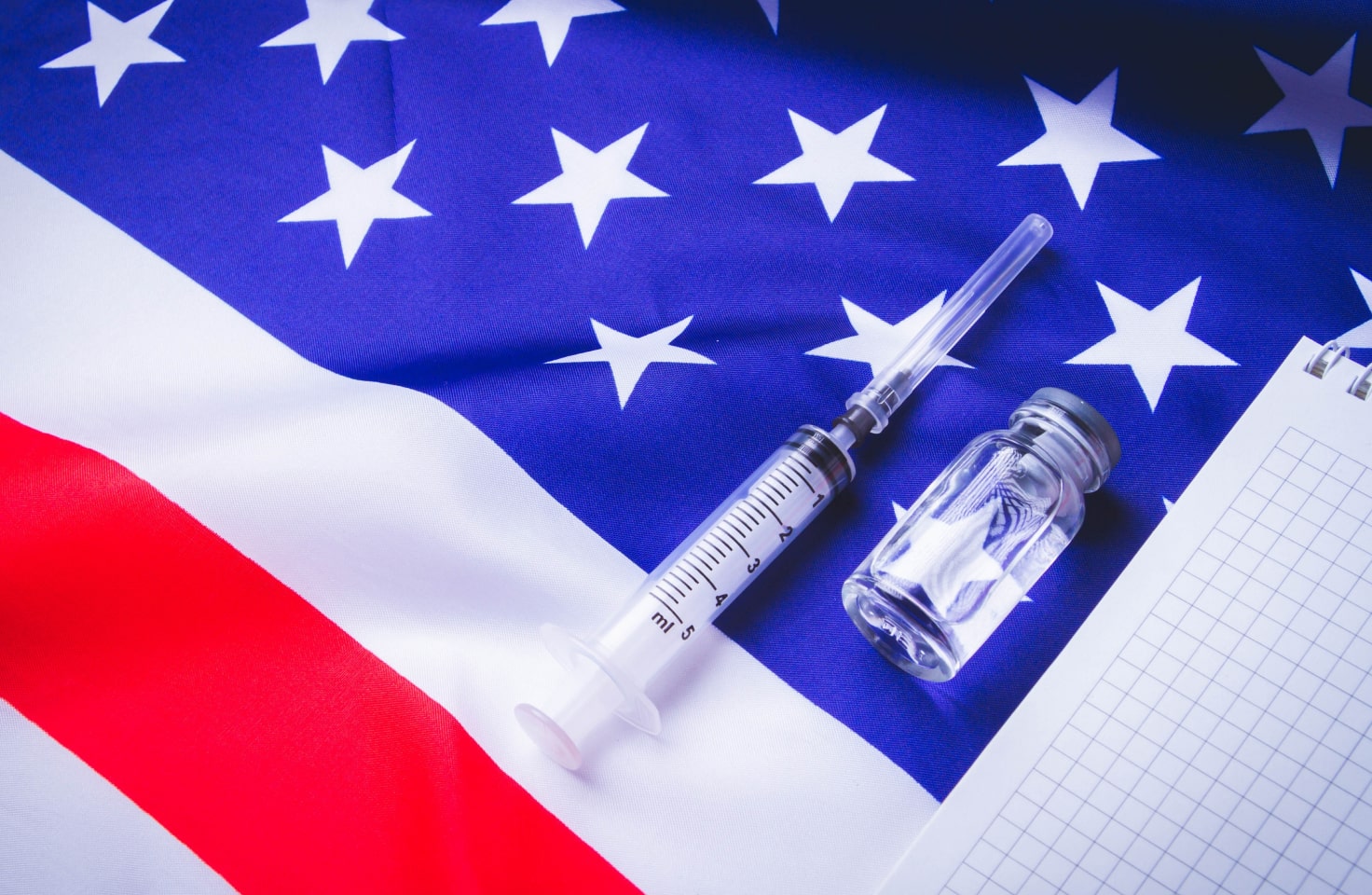
.jpg)
.jpg)
.jpg)


.jpg)
.jpg)
.jpg)
.jpg)
.jpg)
.jpg)

.jpg)
.jpg)



.jpg)







.webp)